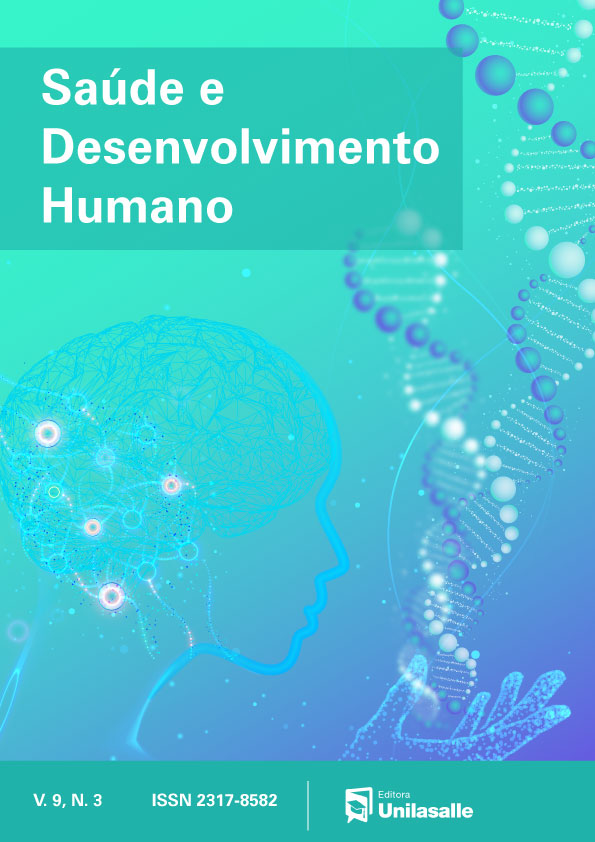Social capital and access to health services in an adult population
DOI:
https://doi.org/10.18316/sdh.v9i3.7452Keywords:
Social Capital, Health Services Accessibility, AdultsAbstract
Objective: The association between social capital and access to general and dental health services for residents of Distrito Ferraria, Campo Largo, Brazil, was investigated.
Materials and methods: 373 adults participated, who answered a questionnaire containing sociodemographic, socioeconomic and habits information. Social capital was defined based on the dimensions: social trust, social support, informal social control, political effectiveness and social action. Access to health services was assessed by medical care in the last 30 days and last visit to the dentist. Associations between the explanatory variables and the referred dimensions were explored (Chi-square test), followed by multinomial logistic regression.
Results: Older individuals, non-smokers and those with better self-perception of general health, sought more medical service in the 30 days prior to the survey. The visit to the dentist in the last six months has been significantly associated with young people, those who are married or in a stable relationship, and who self-perceive the oral health condition better. As for the dimensions of social capital, only political effectiveness in the moderate category increased the respondent’s chance of accessing the medical service.
Conclusion: Access to medical services was influenced by social capital through political effectiveness.
Downloads
Published
Issue
Section
License
Authors who submit their manuscripts to be published in this journal agree to the following terms:
- Authors retain copyright and grant the journal right of first publication with the work simultaneously licensed under the Creative Commons Attribution License that allows the sharing of work and recognition of its initial publication in this journal.
- By virtue of the articles appearing in this open access journal, articles are free to use, with proper attribution, in educational and non-commercia.


